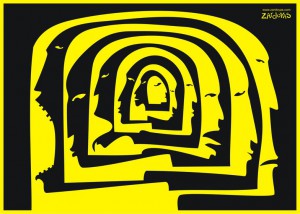 By Deepak Chopra, MD, Menas Kafatos, PhD, Bernardo Kastrup, PhD, Rudolph Tanzi, PhD
By Deepak Chopra, MD, Menas Kafatos, PhD, Bernardo Kastrup, PhD, Rudolph Tanzi, PhD
Science concerns itself with reality, in the form of “real particles”, “real organisms”, and the “real universe”. The tacit assumption is that science can answer the question of reality itself. If this wasn’t the case, science would have a hard time explaining why it holds a special place as a human activity. So one must grant that science concerns itself with the reality of “objects”. What this assumes, of course, is that objects exist independent of conscious experience. In the first two articles of this series, we’ve discussed the evidence that our universe is in fact fundamentally mental. What we call physical things and events, as it turns out, do not exist independently of subjective experience.
If they did, how would one even prove such existence? Conscious experience is the only way that reality can be known. The implications of this increasingly unavoidable conclusion—that the universe must be approached as fundamentally mental—are often misunderstood. For this reason, the vast majority of scientists cling to the belief in materialism, regarding anything else as metaphysics and not science. The goal of the present article is to address some of these misunderstandings.



